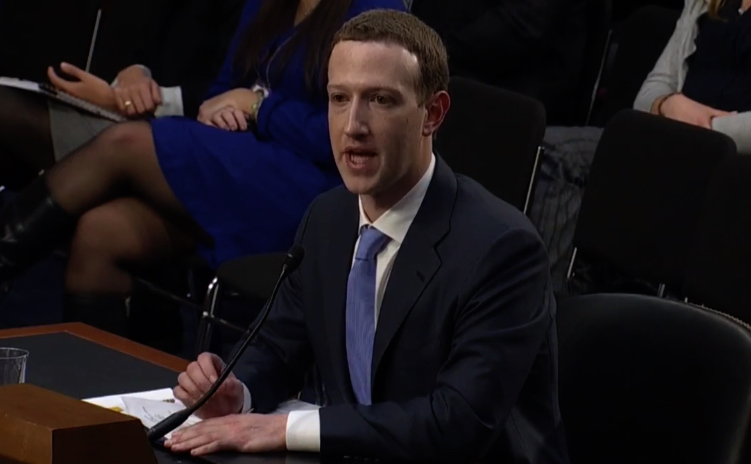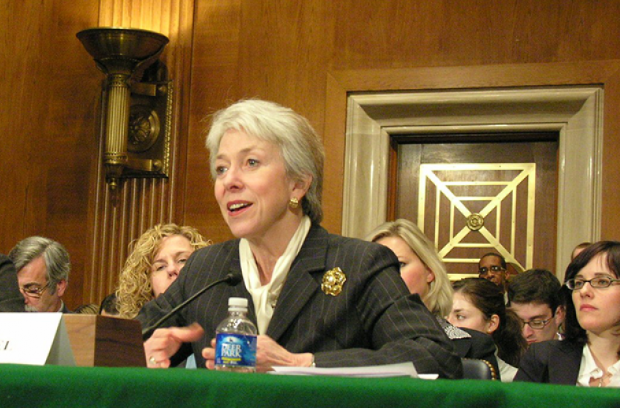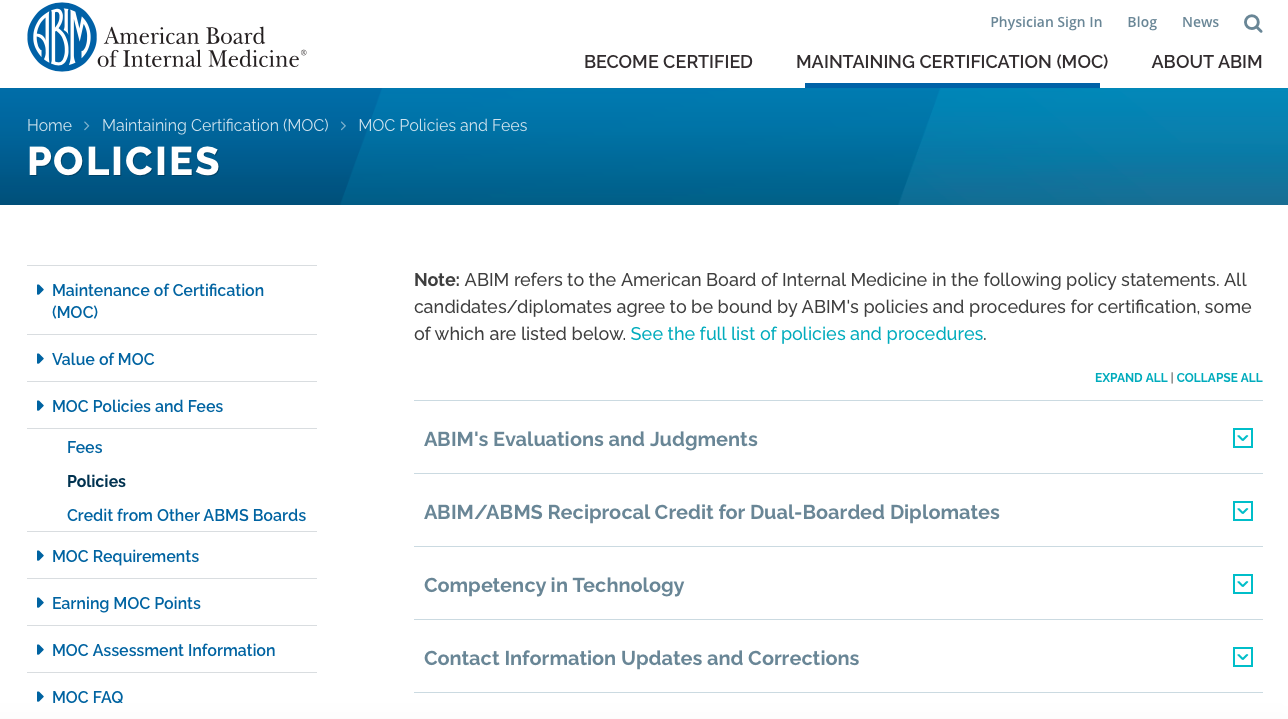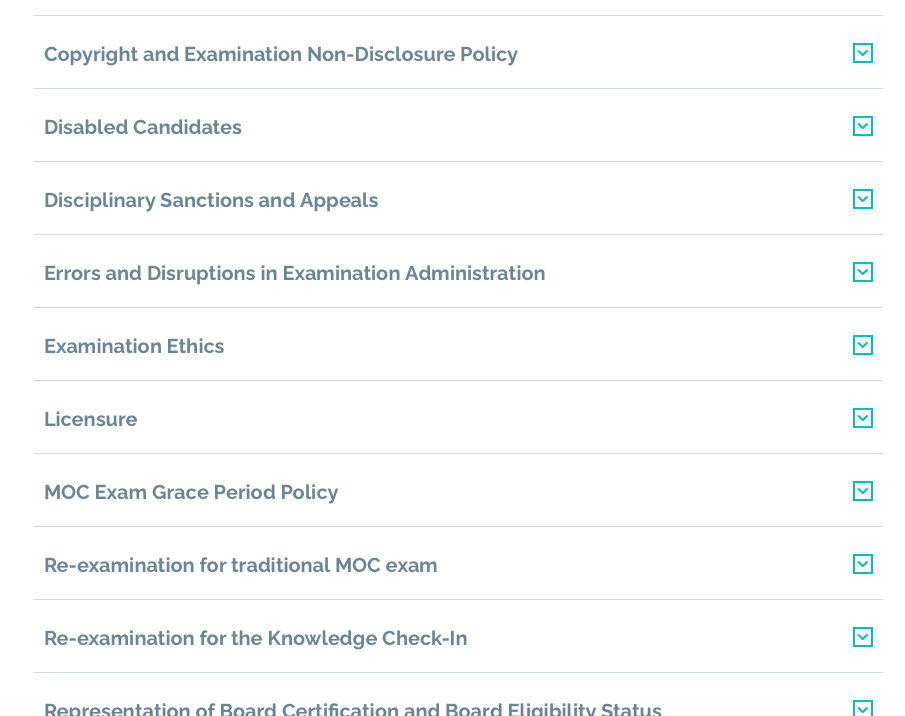Mr. Mark Zuckerberg, uncomfortably
stuttering and stammering before Senator Cantwell about a little-known company named Palantir (aka "Stanford Analytica"), reminded me of a similar moment when Christine Cassel, MD from the American Board of Internal Medicine (ABIM) had to
answer questions about her affiliations with Premier, Inc., and Kaiser Foundation Health Plans and Hospitals upon taking the helm at the National Quality Forum. Dr. Cassel
brushed off those concerns as "distractions" by resigning from the boards of those corporations, in large part to avoid questions of why those relationships were an issue.
Nowhere did Ms. Cassel explain that her former non-profit corporation, the American Board of Internal Medicine, had changed its bylaws in 1997 to
allow virtually unlimited conflicts of interests to benefit their organization. I remember the ABIM's website claiming their organization gets 97% of its money from its physician-diplomates. Now we see nothing could be farther from the truth. Funds are
flowing back from the ABIM Foundation as a "Funding Initiative." And ABIM executives have always
enjoyed a wonderfully lucrative relationship with CECity, the
$400M data-gathering subsidiary of the hospital group purchase organization,
Premier, Inc.:
Through Premier, client organizations are able to quickly and cost-effectively launch their own sophisticated online initiatives directly to their target audience (e.g. members, employees, associates, applicants/diplomates, etc.) by leveraging Premier’s multi-million dollar investment in world-class applications and enterprise-level infrastructure (SAS 70 Type II).
At its core, Premier’s products link performance management (data acquisition via web forms, IVR, external and internal registries, data feeds, etc), assessment, benchmarking, peer comparison, and identification of gaps (financial, knowledge and patient care) with interventions that drive performance improvement.
Our platforms align this cycle of performance management and improvement with various incentive programs to drive healthcare provider participation.
As a CMS-qualified registry for the Physician Quality Reporting System (MIPS, ePrescribing, MOC-MIPS) and as the service provider for many physician certifying boards (e.g. ABIM, ABO, AOA) Premier is uniquely positioned to align professional and financial incentives with CQI to deliver ‘game-changing’ quality initiatives that have proven and measurable results.
This CECity/Premier relationship is firmly embedded in the ABIM's
HIPAA Business Associate Addendum agreement every practicing physician must agree to as a condition of enrolling in "Maintenance of Certification (MOC)" (also known as "continuous certification"). With the lack of disclosure of this relationship by the ABIM, is clear that patients and doctors alike aren't supposed to know their personal data are being sold.
The American College of Cardiology
The same data-gathering strategy appears to be true for the American College of Cardiology (ACC). The ACC has always had the ability to side-step the ABIM and re-certification but has
chosen not to do so. Physician and patient data are too important to them, too. I was naive to think that was because of the use of physician data for their NCDR "registries" used by the nation's hospitals. Instead, it seems there may much bigger play in mind, as
reported by CNBC:
Facebook provided a quote from Cathleen Gates, the interim CEO of the American College of Cardiology, explaining the possible benefits of the plan:
"For the first time in history, people are sharing information about themselves online in ways that may help determine how to improve their health. As part of its mission to transform cardiovascular care and improve heart health, the American College of Cardiology has been engaged in discussions with Facebook around the use of anonymized Facebook data, coupled with anonymized ACC data, to further scientific research on the ways social media can aid in the prevention and treatment of heart disease—the #1 cause of death in the world. This partnership is in the very early phases as we work on both sides to ensure privacy, transparency and scientific rigor. No data has been shared between any parties."
Health systems are notoriously careful about sharing patient health information, in part because of state and federal patient privacy laws that are designed to ensure that people's sensitive medical information doesn't end up in the wrong hands.
To address these privacy laws and concerns, Facebook proposed to obscure personally identifiable information, such as names, in the data being shared by both sides.
However, the company proposed using a common cryptographic technique called hashing to match individuals who were in both data sets. That way, both parties would be able to tell when a specific set of Facebook data matched up with a specific set of patient data.
While I appreciate the flowery take of this breach by ACC's spokesperson, I'm afraid the ACC's hand is stuck firmly in the financial data mine cookie jar. After all, as we've seen with Facebook and our recent election, not all uses of data are always in our patients' best health care or financial interest.
It's amazing, isn't it? These databases once thought to be a product of ingenuity by for-profit and non-profit organizations, are looking more and more like a product born of little more than opportunity and necessity.
But others much smarter than I have known this long ago. To the ABIM, the ACC, and Facebook: it's all just about
guns, germs, and steel.
-Wes



